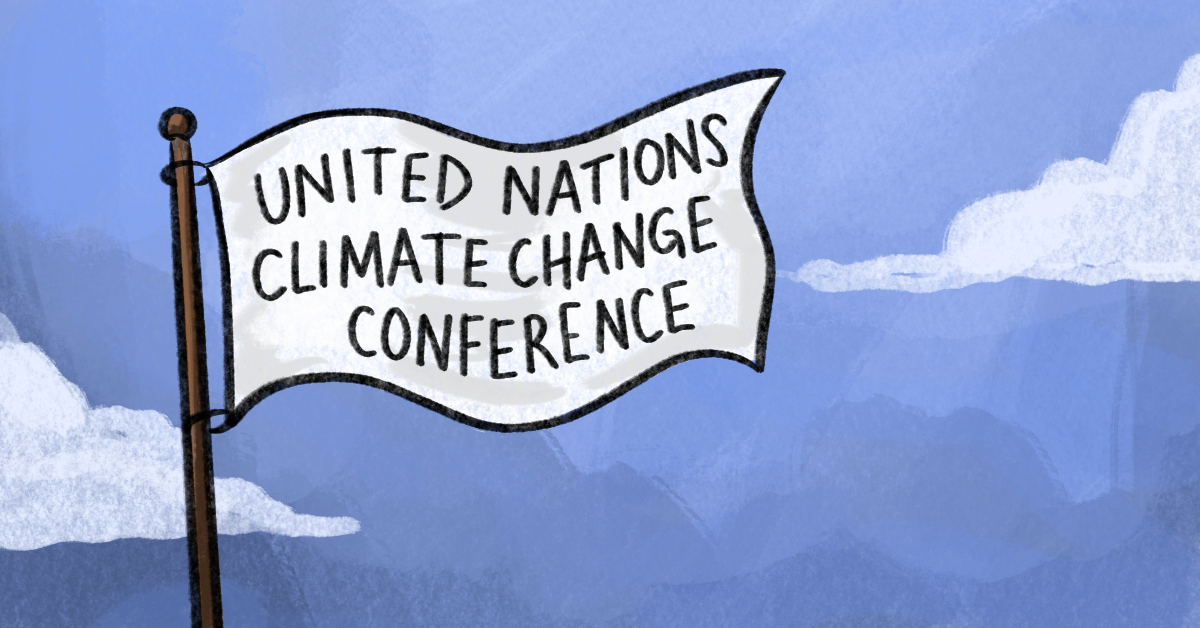Navigating the future of climate action post-COP27
The upcoming United Nations Climate Change Conference highlights the importance of collective efforts and commitment to combating climate change.
The Earth is running a fever that will not break on its own, and how countries deal with this fact means everything. This harsh reminder sets the tone for the United Nations Climate Change Conference (COP28) in Dubai, United Arab Emirates. Following the ambitious pledges made at COP27, the COP28 is scheduled from November 30 to December 12, 2023, and will be a crucial opportunity to assess the global movement toward a sustainable future.
Around this time last year, world leaders and representatives converged in Sharm El-Sheikh, Egypt, for the COP27 conference, where they established a series of goals aimed at tackling climate change. According to a detailed report by BBC News, these objectives included a significant reduction in carbon emissions and a heightened focus on climate adaptation measures, particularly for communities most vulnerable to the impacts of climate change. This meeting laid a critical foundation for potential transformational changes, setting the stage for future action in the global effort to address the growing challenges posed by climate change.
A key takeaway from COP27, as stated by the United Nations, was that “climate pledges aren’t worth the paper they’re written on if they aren’t taken off the page and turned into concrete action.” Since COP27, however, the collective global effort still falls short of maintaining the essential 1.5°C warming limit target.
In the tech world, major corporations like Apple have committed to carbon neutrality goals, indicating a shift toward sustainability. This movement towards corporate responsibility is a positive step, yet it is shadowed by ongoing global challenges. The world continues to face escalating temperatures, rising food insecurity, and a loss of biodiversity. These ongoing issues underscore the complexity of the climate crisis and the need for continued, collective efforts across all sectors of society.
This year’s conference emphasizes that G20 countries need to intensify their efforts in the global fight against climate change. The President-Designate of COP28 is challenging these countries, known for their significant global influence, to “lead the way” on climate action. This call to leadership is a crucial one, pressing influential countries to not only ramp up their efforts, but to also serve as trailblazers in implementing innovative and impactful environmental initiatives.
COP28 will focus on global collaboration, financial integrity, and balancing economic and environmental sustainability, as outlined in the United Nations Framework Convention on Climate Change – COP28. With the conference on the horizon, the international community turns its attention to Dubai, where an opportunity to make significant strides in the global climate action narrative will arise. The decisions and commitments made at COP28 will play a crucial role in shaping our path toward a sustainable future.

